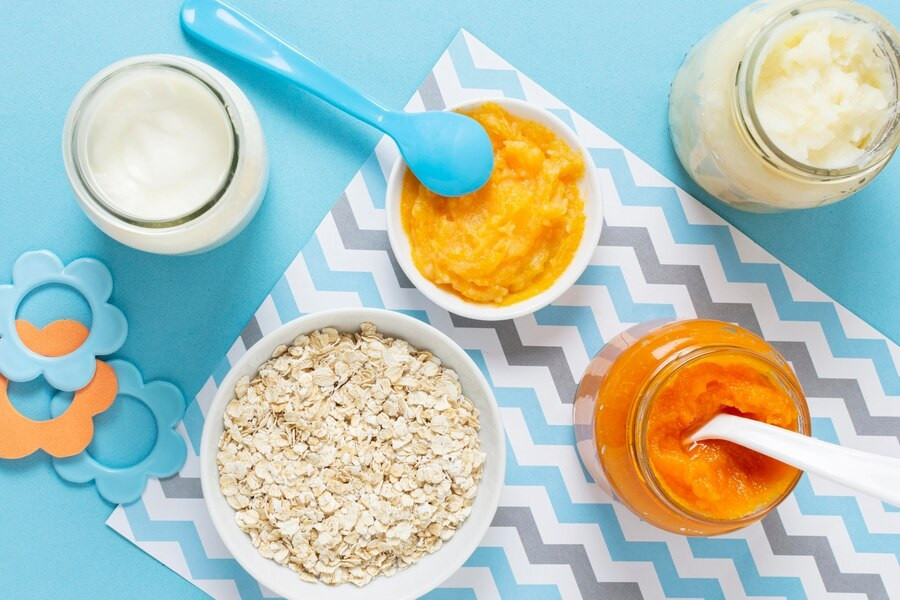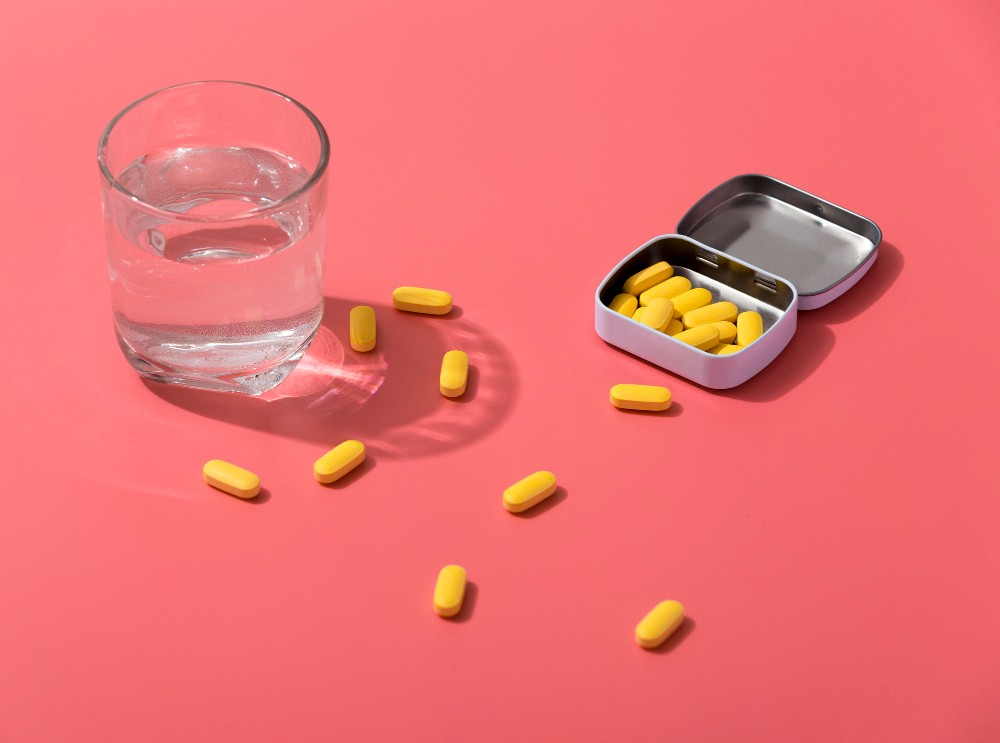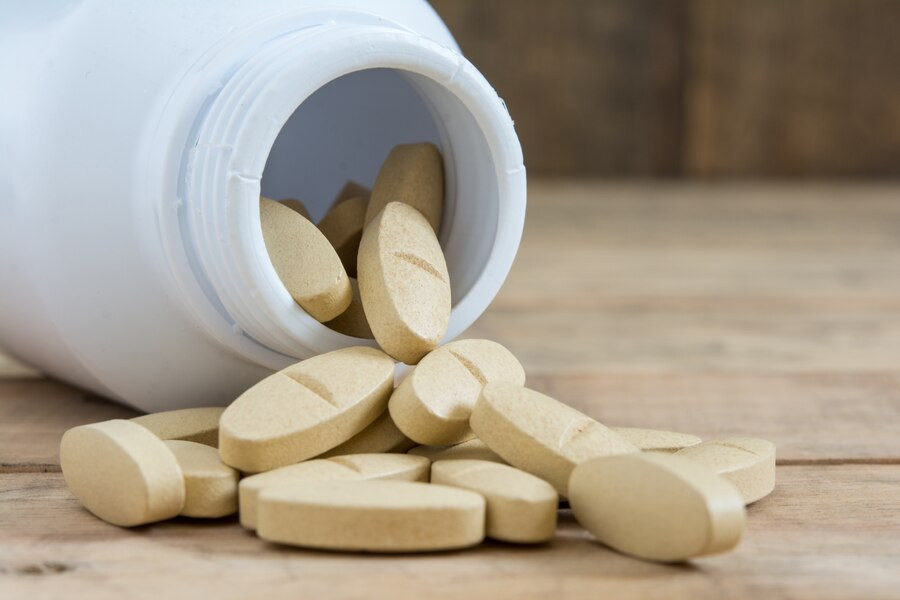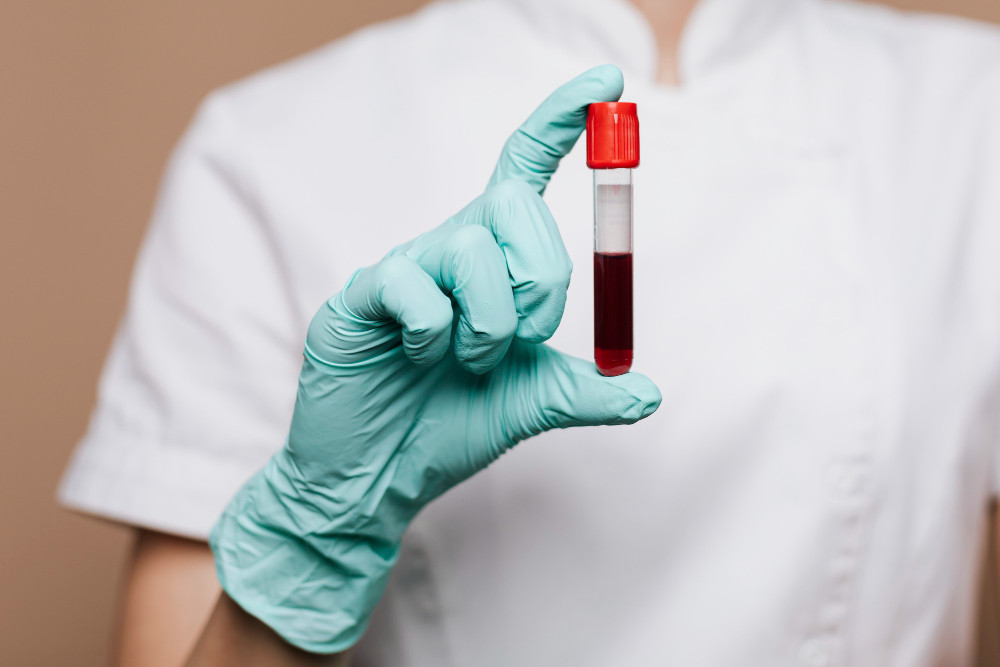Iron is essential for developing the brain and overall well-being in infants and children. Iron deficiency in infants can significantly affect their growth, development, and general state of health.
Babies lacking in iron may experience challenges such as inadequate weight gain, pale skin, diminished appetite, increased fussiness, and general unhappiness. It is important to ensure babies have adequate iron intake through solid foods.
What foods are rich in iron and can be added to a baby’s solid food?
Solid foods rich in iron for breastfed babies
Minced Meat
Red meat is a source of heme iron, which the human body absorbs more readily compared to the nonheme iron found in plant-based sources. Every 100 grams of red meat has an appropriate iron content of 2.47 mg.
If you are going to use minced meat as an iron source, it’s advisable to select lean cuts and cook the meat until it is well done and then puree it to a consistency suitable for babies. Combining minced meat with sweet vegetables like cooked pumpkin carrots or sweet potatoes can enhance flavor and nutrition.
Beans and legumes
Beans and legumes are a good source of iron for a baby's initial solid food introduction. You can choose from kidney beans, chickpeas, or lentils, which have different nutrients.
Ensure you select beans or legumes that are not canned and do not contain added salt. To simplify the cooking process, consider soaking the nuts to soften them, making them easier to crush.
Also read: WHO Releases Guideline For Providing Latest MPASI, Check Out The Recommendations
Poultry and Chickens
Chicken and other types of poultry can be an excellent and healthy source of iron for babies. Choose skinless chicken or poultry meat, as the skin is higher in fat. Ensure the chicken or poultry is fully cooked without any red parts, then puree or crush it until you get the desired texture.
Egg
According to current nutritional guidelines, introducing eggs to babies starting at six months of age is recommended. Opt for eggs of high quality, ensuring there are no cracks or damage to the shell. Eggs can be prepared by boiling or scrambling with milk, serving as a baby's initial solid food.
Mixing the yolk with cooked vegetables or avocado can enhance iron and nutrient intake. It's essential to cook eggs thoroughly to mitigate the risk of infection and foodborne illness.
Fish
Fish can serve as a nutritious addition to a baby's complementary feeding menu, offering ample iron and essential nutrients. Opt for fresh fish over canned varieties soaked in salt water or added salt. Select mild-tasting white fish varieties and exercise caution when choosing fish with elevated mercury levels.
Read more: 5 MPASI Myths That Are Most Often Met
Tofu
Tofu is a plant-based protein source abundant in iron and essential nutrients. Opt for soft tofu varieties that are easily mashed and appropriate for babies.
Blend tofu with fruits and vegetables to enhance iron absorption and enrich the variety of nutrients. As your baby's eating skills progress with age, tofu can also transition into a convenient finger food option.
When your baby starts eating solid food, you can introduce various foods commonly consumed daily. However, you should be careful when introducing new foods or drinks to your baby, such as those containing tea. Tea can prevent iron absorption in infants and children, increasing the risk of iron deficiency.
Until the age of one, it's important to ensure that the baby's primary beverage consists of breast milk or formula. After solid foods are introduced, water can be incorporated into the diet. When considering other beverage options, consulting a doctor or nutritionist is advisable to promote the child's optimal health and growth.
If you're wondering when to start feeding your baby solids, consider seeking advice from health professionals using the Ai Care app, which is available for download on the App Store or Play Store.
Want to know more information about pregnancy, breastfeeding, and the health of women and children? Click here!
- dr. Monica Salim
Daniella Townsend. 9 iron-rich first baby foods: photos. Available from: https://www.babycenter.com.au/l25023646/9-iron-rich-first-baby-foods-photos
Caring for Kids (2019). Iron needs of babies and children. Available from: https://caringforkids.cps.ca/handouts/healthy-living/iron_needs_of_babies_and_children
CDC (2023). Iron. Available from: https://www.cdc.gov/breastfeeding/breastfeeding-special-circumstances/diet-and-micronutrients/iron.html
WebMD (2022). Top Foods High in Iron. Available from: https://www.webmd.com/diet/foods-high-in-iron
CDC (2021). Iron. Available from: https://www.cdc.gov/nutrition/infantandtoddlernutrition/vitamins-minerals/iron.html
Jillian Kubala, MS, RD (2020). When Can Babies Eat Beans?. Available from: https://www.healthline.com/health/baby/beans-for-baby
Rachel MacPherson, BA, CPT (2020). Is Chicken a Source of Iron?. Available from: https://www.livestrong.com/article/497676-is-chicken-a-source-of-iron/
Kaitlyn Berkheiser (2023). Hard-Boiled Egg Nutrition Facts: Calories, Protein and More. Available from: https://www.healthline.com/nutrition/boiled-egg-nutrition
WHO (2023). WHO Guideline for complementary feeding of infants and young children 6-23 months of age. Available from: https://www.who.int/publications/i/item/9789240081864
Helen West, RD (2023). What Is the Healthiest Way to Cook and Eat Eggs?. Available from: https://www.healthline.com/nutrition/eating-healthy-eggs
Jennifer White (2022). When Can Babies Eat Fish?. Available from: https://www.verywellfamily.com/when-can-baby-eat-fish-284245
Malia Frey, MA., ACE-CHC, CPT (2022). Tofu Nutrition Facts and Health Benefits. Available from: https://www.verywellfit.com/tofu-nutrition-facts-calories-and-health-benefits-4113988











